
A Randomised Controlled Trial to assess the effect of health insurance in India presents interesting findings
A large RCT of hospital insurance for above poverty line Indian households was conducted to assess the access and utilisation of health insurance and its impact on health outcomes in India. The study suggests that access to insurance increased enrolment which...

‘More health for the money’: An interesting take on value-based healthcare
Nachiket Mor, the visiting scientist at The Banyan Academy of Leadership in Mental Health, highlights the need to ensure maximum value for the Rupee spent by the consumer. He argues that the Indian government spends 1.25% of GDP on Health, which however insufficient,...

Redistribution and the health financing transition
In this paper, Ajay Tandon and K Srinath Reddy build the case for public financing as absolutely essential for realising the UHC dream. They focus on the argument that UHC is also intrinsically about a policy direction that emphasises at its core redistribution of...
Chad: Recruitment process of a DG and a DGA for the Caisse Nationale d’Assurance Santé, Dec. 2021- Feb. 2022
In December 2021, Chad launched the recruitment process for the staff of the Caisse Nationale d'Assurance Santé, a crucial stage in the effective establishment of the Fund and the operationalization of the CSU schemes. The planned recruitment concerns nine (09)...
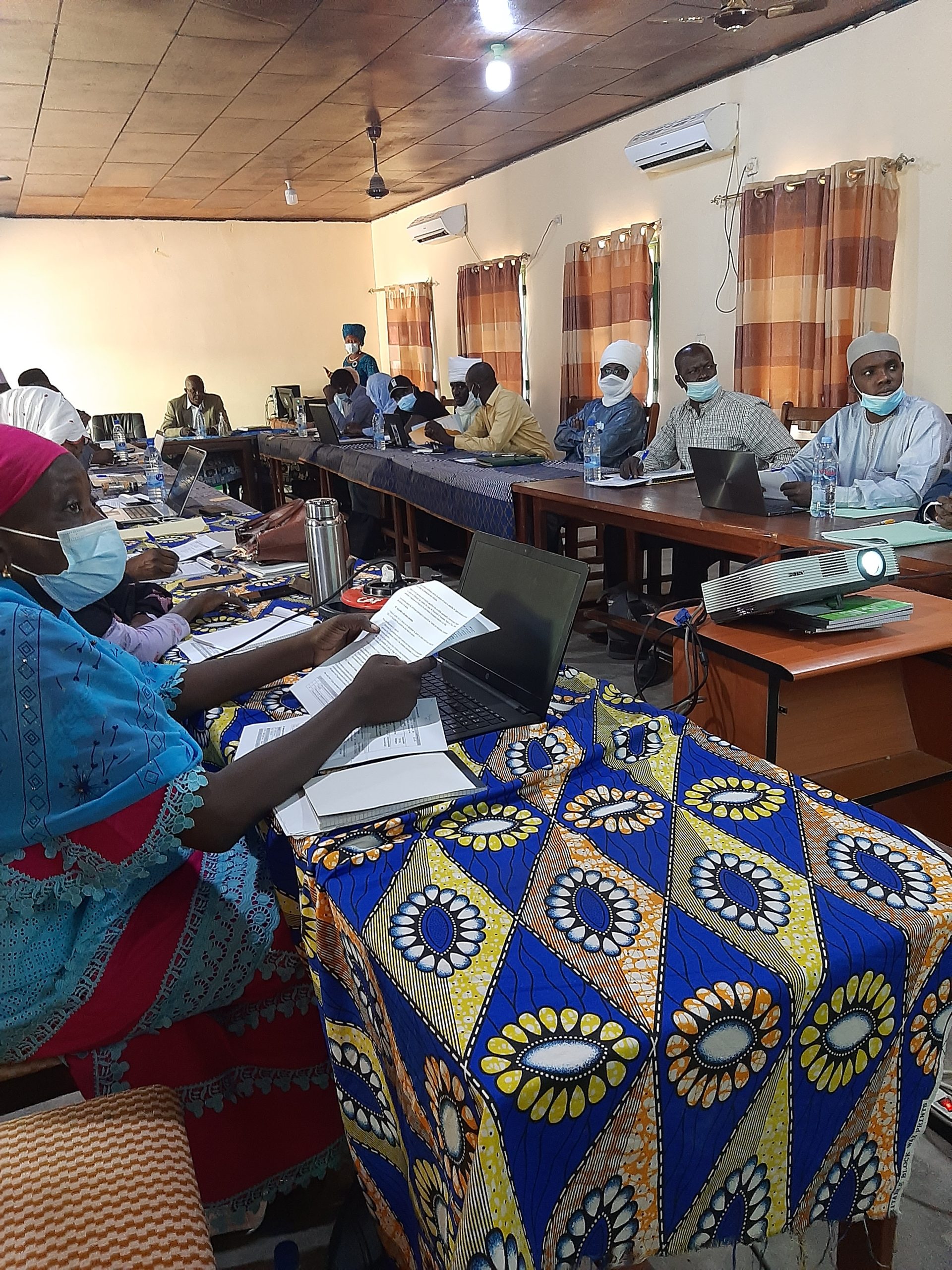
Chad: Workshop to draw up the draft decree defining the AMED health care basket, Mara 9-12 Nov.2021
The Cellule Interministérielle de Coordination de la Stratégie Nationale de Couverture Santé Universelle organized from November 09 to 12, 2021 at the Centre d'Accueil et de Formation (CAF) de Mara, a workshop " de définition des paniers des soins du Dispositif...
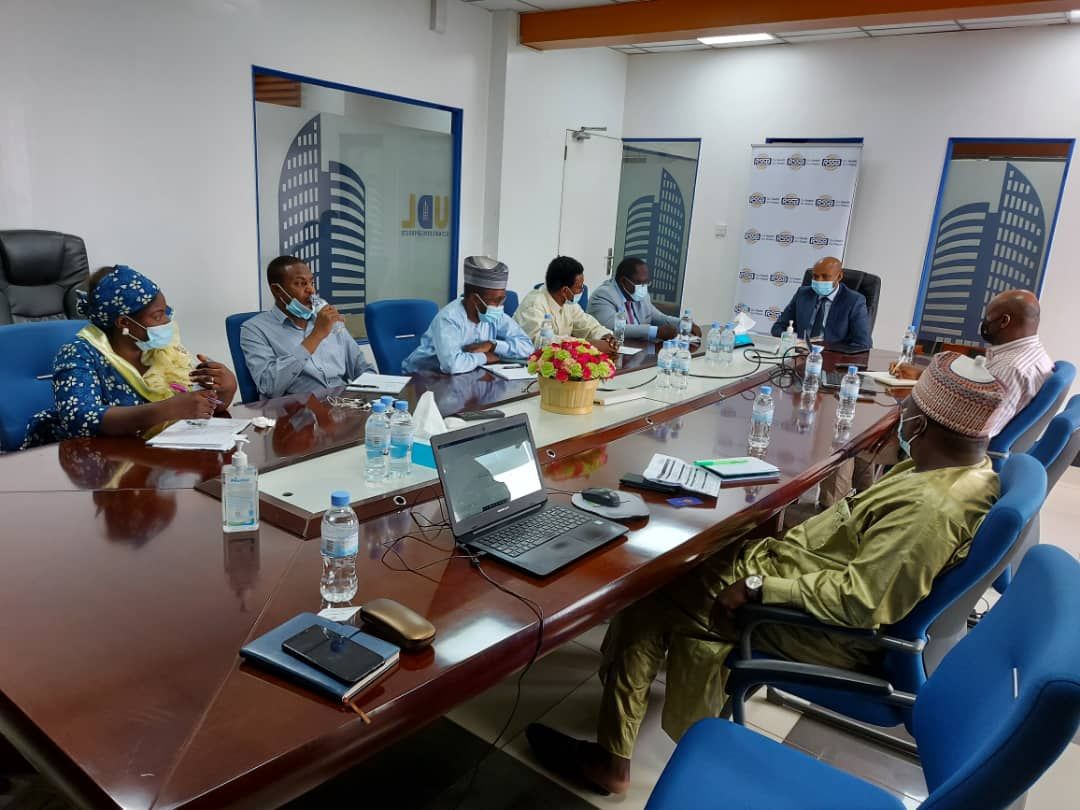
Chad: Study tour of a Chadian delegation to Rwanda, Dec 10-18, 2021
Under the aegis of the Cellule Interministérielle de Coordination de la Stratégie Nationale de la CSU, CSU stakeholders, with technical and financial support from the P4H Network, carried out a study mission on the organization and management of health insurance in...
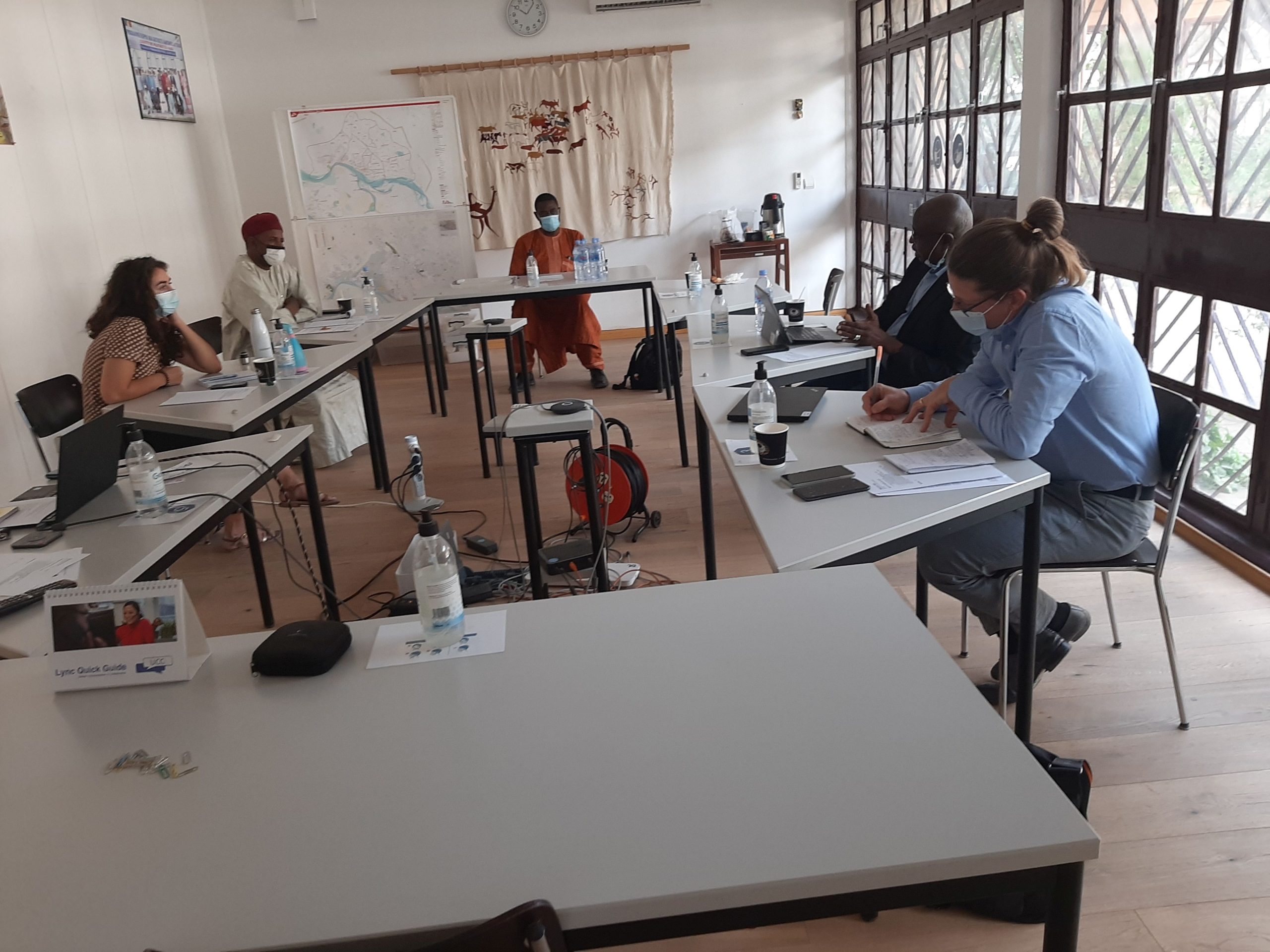
Chad: Ordinary meeting of P4H network partners, N’Djaména 09 Dec. 2021
On December 09, 2019, a meeting of P4H network partners in Chad was held in the meeting room of the Swiss Cooperation Office in N'Djaména. The meeting's agenda was to take stock of the process of implementing the National CSU Strategy in Chad, share information...
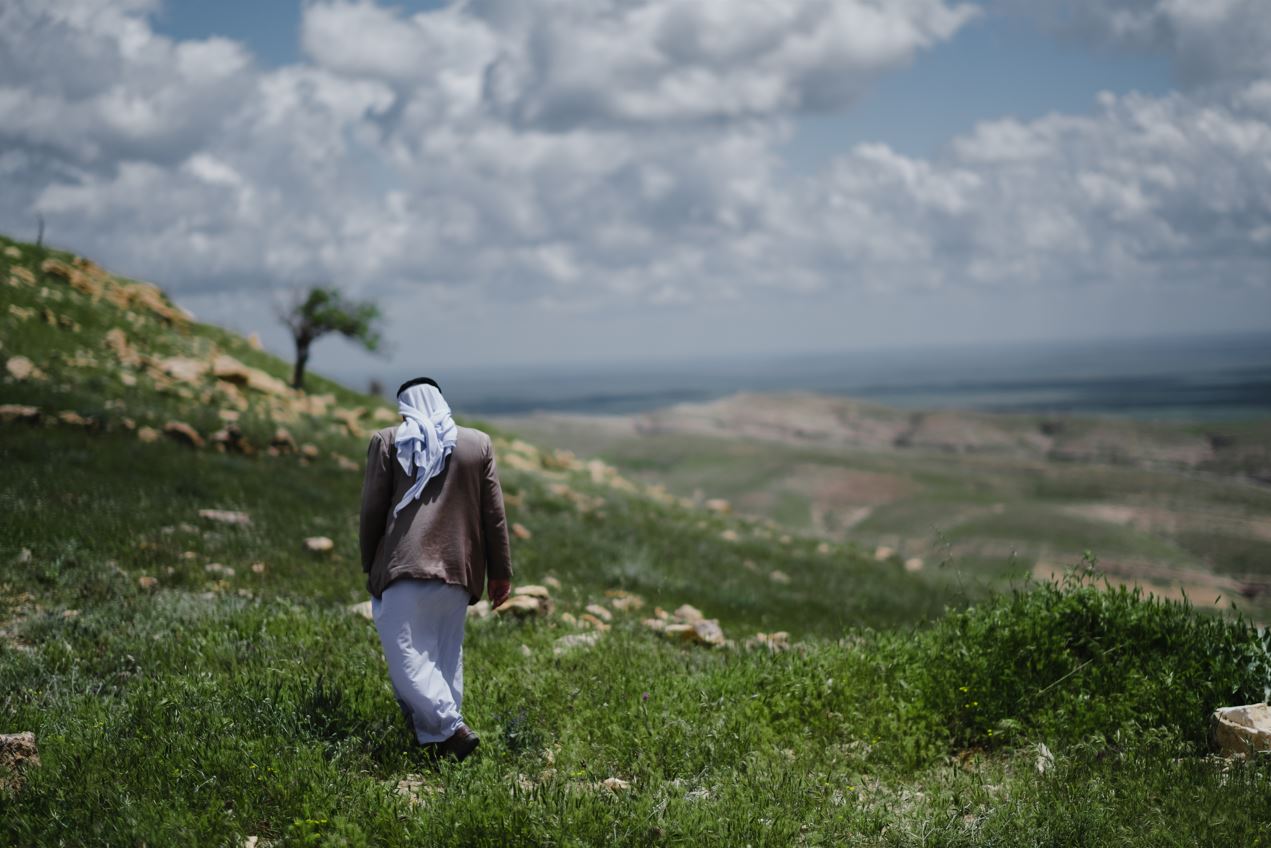
Presenting documents on universal health coverage and the COVID 19 response in Iraq
Here’s presenting a research paper on the factors that influence financial risk protection and health services as barriers to universal health coverage for vulnerable families in Iraq. Another research article lists out the health financing challenges that Iraq faced...

Iran receives 90 million USD to support COVID 19 response
Iran will reportedly receive $90 million from the World Bank for measures to fight the Covid-19 pandemic. The loan will be utilized only for procuring additional lifesaving, essential medical equipment to strengthen Iran's pandemic response. In May 2020, the World...

Côte d’Ivoire/ Social protection: more than 65,000 self-employed workers enrolled
Sixty-five thousand (65,000) self-employed workers have been enrolled by the Caisse Nationale de Prévoyance Sociale (CNPS) in six months, under the Social Scheme for Self-Employed Workers (RSTI), said Simon Adou, head of coordination of the social scheme for...
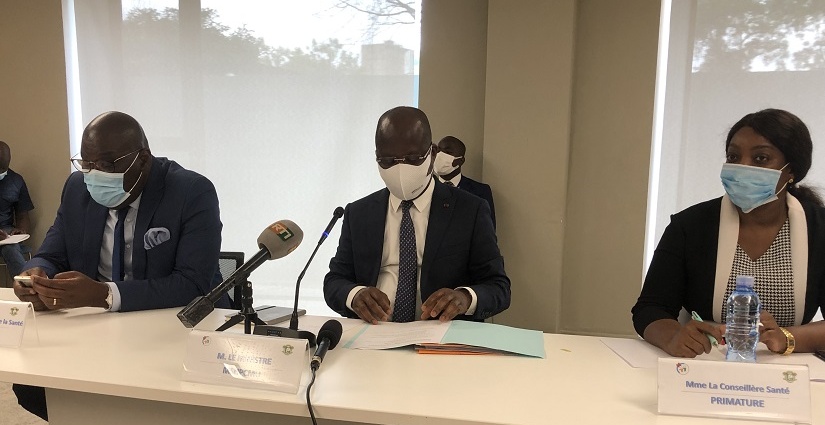
Côte d’Ivoire/ Health financing: For a more dynamic PNCF
The Minister of Health, Public Hygiene and Universal Health Coverage, Pierre Dimba, has called for the Plateforme nationale de coordination du financement de la santé (PNCFS) to make a difference to the health of the population of Côte d'Ivoire. As a reminder,...
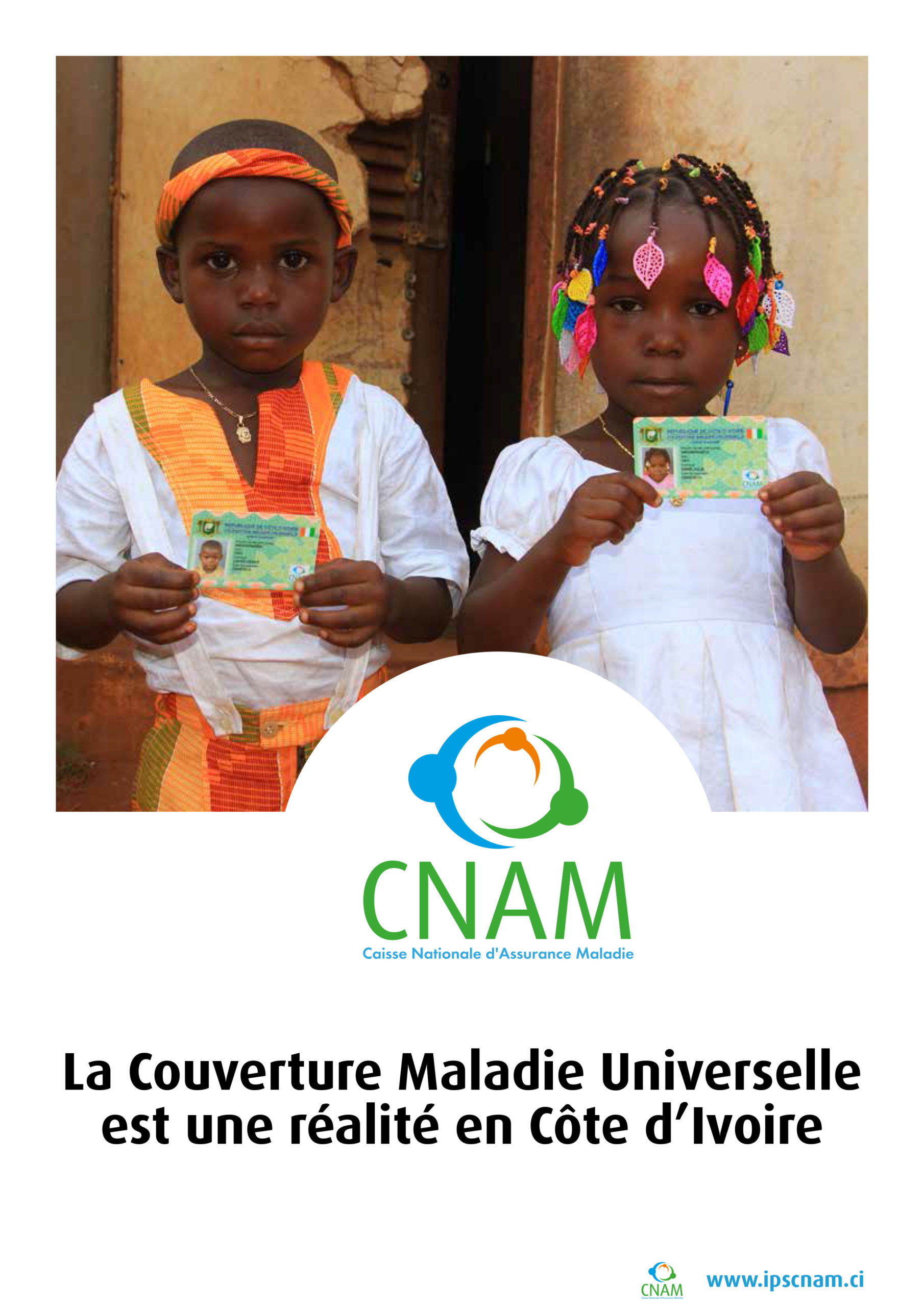
Политика в области здравоохранения в Кот-д’Ивуаре: взгляд специалиста
Доктор Франсуа А. ADOH - экономист-консультант в области экономики здравоохранения и управления больницами. Бывший преподаватель экономики здравоохранения в университетах Буаке и Кокоди, он занимал должность технического инспектора Министерства здравоохранения...

Health policy in Côte d’Ivoire: A specialist’s view
Dr François A. ADOH is a consultant economist in health economics and hospital management. A former lecturer in health economics at the universities of Bouaké and Cocody, he was Technical Inspector for the Côte d'Ivoire Ministry of Health, and a former hospital...

Health policy in Côte d’Ivoire: A specialist’s view
Dr François A. ADOH is a consultant economist in health economics and hospital management. A former lecturer in health economics at the universities of Bouaké and Cocody, he was Technical Inspector for the Côte d'Ivoire Ministry of Health, and a former hospital...

Healthcare’s share of national budget in Iran surges twofold
The proposed budget in Iran amounted to about 24.357 quadrillion rials (about $580 billion), with a 20-percent rise from the current year’s budget. The health system accounts for approximately 17 percent of the total public budget. Over 90 percent of the health...
